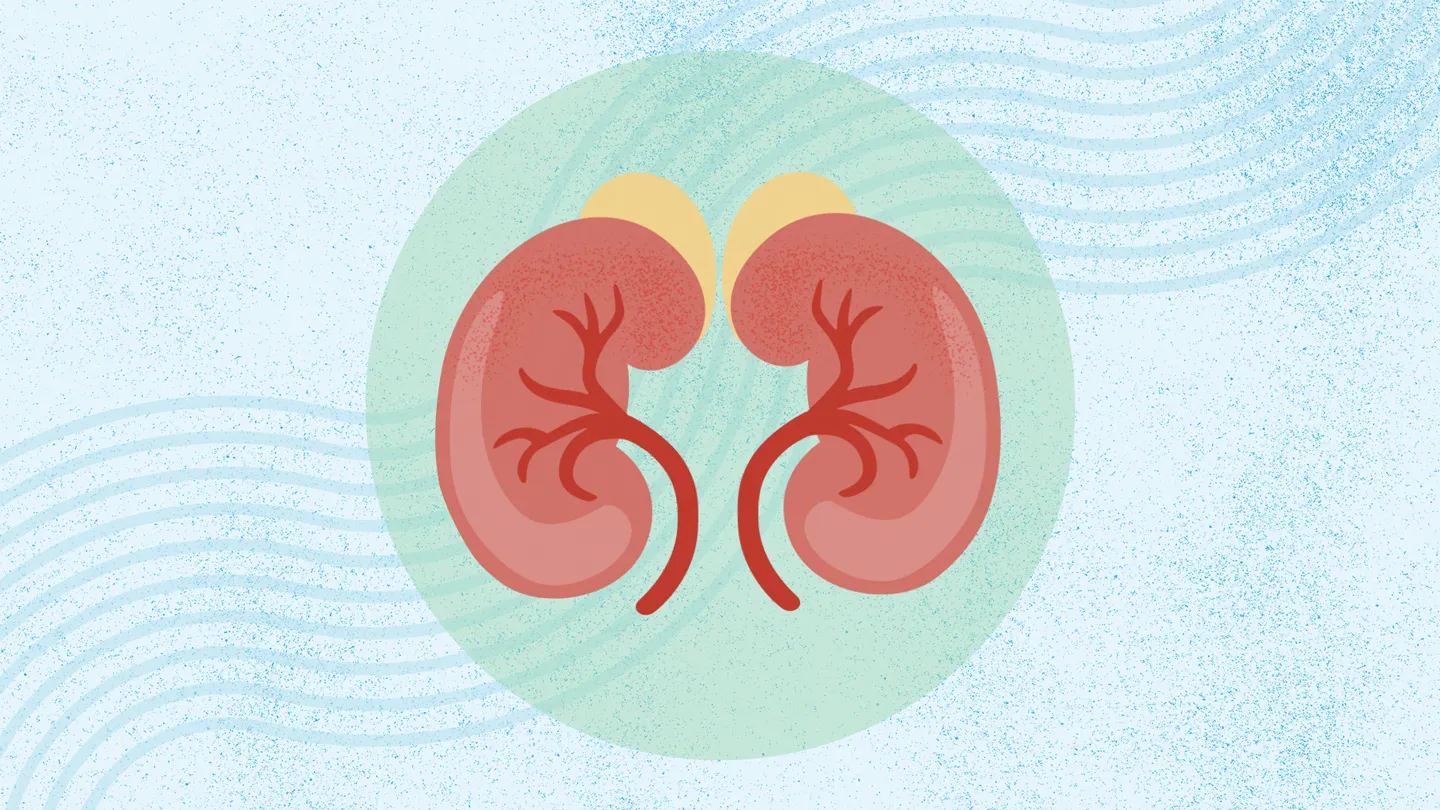The treatments for CAH include medication, psychological support, and surgery. The goal is to restore the body’s natural balance of hormones. Some people with CAH, including men with nonclassic CAH, may not need treatment.
CAH is usually treated by a doctor who specializes in hormonal issues, such as an endocrinologist (or pediatric endocrinologist in the case of children).
Medication Options
The doctor may prescribe medications for classic CAH to help balance out hormones. These include:
- Mineralocorticoids (fludrocortisone) to replace aldosterone, which helps counter sodium loss, prevent adrenal crises, and boost growth and development in children
- Glucocorticoids (dexamethasone, hydrocortisone, prednisolone, prednisone) to replace cortisol, which helps manage adrenal insufficiency, control androgens, and manage growth and development in childhood
- Salt supplements (sodium chloride) to help retain salt in the body
People with CAH may need to take more glucocorticoids during stressful times, such as when sick, injured, or getting surgery. These are called “stress doses” and are given to reduce the risk of adrenal crisis. Occasionally, people with nonclassic CAH may also need stress doses, for childbirth, major surgery, or trauma.
One medication, crinecerfont (Crenessity), was approved by the U.S. Food and Drug Administration in 2024 to treat classic CAH in people 4 and older. The medication works by reducing pituitary stimulation to the adrenal glands, thereby lowering androgen levels in the body and reducing the required dose of glucocorticoids.
Some women with nonclassic CAH may also be given other treatments, including:
- Corticosteroids, to help with fertility or decrease the risk of miscarriage
- Oral contraceptives, to help regulate periods and treat acne and facial hair
- spironolactone (Aldactone), to help treat acne and facial hair
Surgery
Parents of girls born with ambiguous genitalia may opt for surgery, especially if the genitals interfere with the ability to urinate. There’s not always a “best” time to have this procedure: Some parents schedule the surgery during the first 2 to 6 months of their child’s life. But many are encouraged to delay the decision about surgery and/or observation until the child is older and can be involved in the decision.
A multidisciplinary team, including a mental health provider, pediatric endocrinologist, and surgeon, can help you make the right decision for your child. Any surgery should be done at a center that specializes in genitoplasty.
Read the full article here




